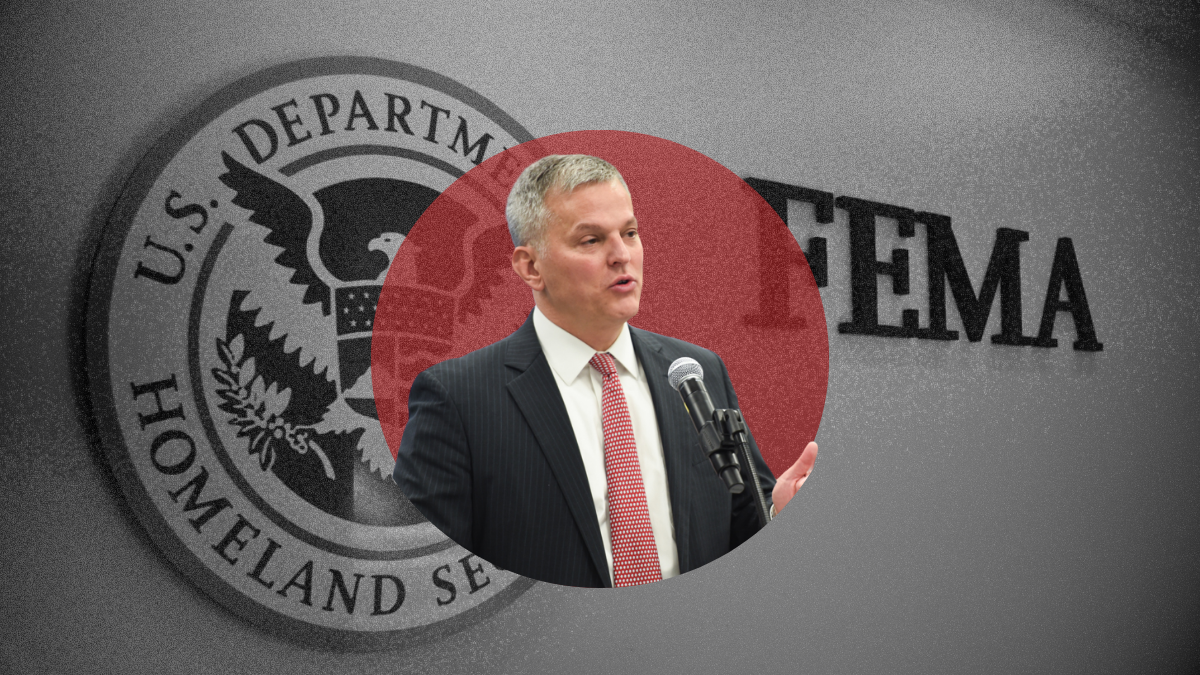The Trump administration is underfunding the Federal Emergency Management Agency (FEMA), leaving states like North Carolina, which rely on the critical agency, dangerously unprepared for severe storms and extreme weather.
Trump made it clear from the start of his term that he wants to nearly eliminate FEMA entirely – reducing the staff through terminations and slashing funding for recovery costs the federal government would cover for states in need.
According to The News & Observer, North Carolina Rep. Deborah Ross is leading a bipartisan effort urging the Trump administration to replenish FEMA’s disaster relief fund. The fund is expected to run out of money in the coming months, with lawmakers receiving no reply from the administration.
“Donald Trump visited western North Carolina during his first week in office, looked hurricane victims in the eye, and promised them his full support,” Rep. Ross wrote in a statement. “His administration has abandoned communities hit hard by Hurricane Helene.”
Last week, North Carolina Governor Josh Stein, along with state emergency officials, held a press conference to raise concerns about cuts to crucial programs, including FEMA, under the Trump administration.
“I think that we all have reason to be worried. There are cuts happening at the federal government that are going to impact the quality of services that affect people’s lives,” Gov. Stein stated during the press conference.
In April, the Trump administration denied North Carolina’s request for FEMA to cover 100 percent of the state’s Hurricane Helene debris removal costs. In a statement, Gov. Stein said the denial will cost North Carolinians “hundreds of millions of dollars.”
“The need in western North Carolina remains immense — people need debris removed, homes rebuilt, and roads restored,” Gov. Stein said in a statement. “I am extremely disappointed and urge the President to reconsider FEMA’s bad decision, even for 90 days. Six months later, the people of western North Carolina are working hard to get back on their feet; they need FEMA to help them get the job done.”
The funding debate is occurring as the hurricane season is underway.
According to an internal review obtained by CBS News, David Richardson, who Trump appointed to be the administrator of FEMA, stated that the agency is “not ready” for the hurricane season.
“As FEMA transforms to a smaller footprint, the intent for this hurricane season is not well understood, thus FEMA is not ready,” said one of the slides from a powerpoint presentation created after Richardson ordered the agency to review hurricane preparedness, according to CBS.
In addition to FEMA cuts, advocates, communities, scientists, and meteorologists have been vocal about the cuts to NOAA (National Oceanic and Atmospheric Administration). The National Hurricane Center and National Weather Service are housed within NOAA, which provides forecasts and is the basis for weather-related planning to keep communities out of harm’s way.
“Cuts to NOAA and FEMA are a man-made disaster,” stated Gov. Stein. “We need these critical agencies to help us anticipate and respond to natural disasters.”





